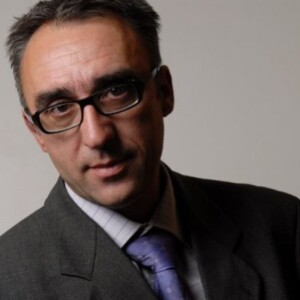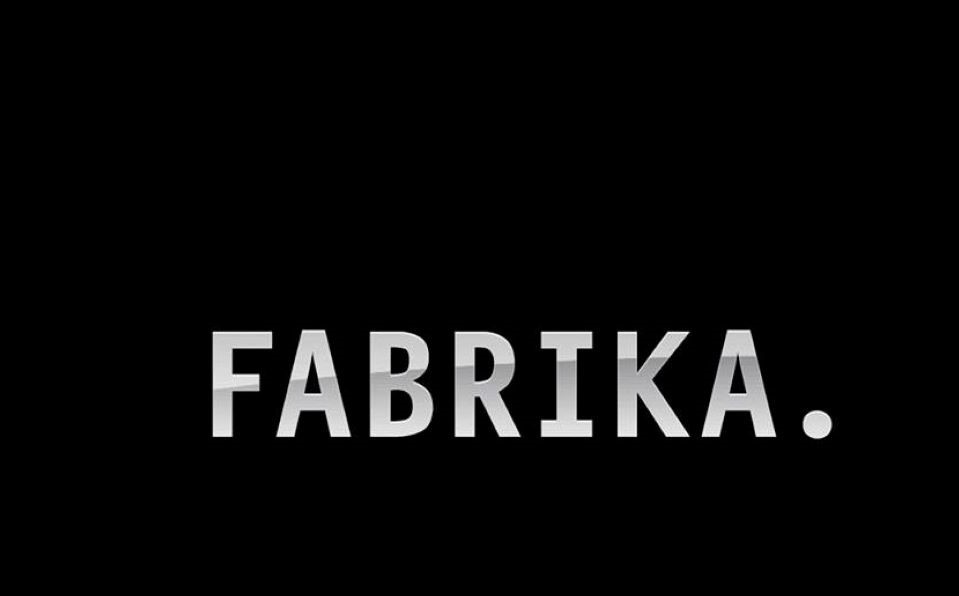I realized that the market is a relentless judge and regulator. Racing on a daily basis makes you better and more competitive.

Senad Zaimović
Story One
It was the early spring of ’89. I worked at the Youth Program of Radio Sarajevo. I suggested to the editor Bora Kontić that we get a telefax device through a compensation package, as it had just appeared on the market.
We held a presentation to explain the technical advantages of the device to the management team. At one point, by pressing copy, I showed them that the recepient has a copy of the text we send them. The question was: “How can a document pass through a telephone wire”?! I said: today you read the Times in New York, and on the same day it can be read in Moscow. The director ordered us to deposit the machine to a warehouse. A month later, the then telex was replaced by telefaxes on RTV Sarajevo.
Story Two
In the late fall of ’92 I was given the task of working on the concept of reorganization and unification of the marketing service of RTV Sarajevo in one place, launching an RTV magazine… I had an idea that all public figures from the sphere of politics, culture, entertainment… who come to RTV, hundreds of thousands of subscribers, should all receive a free magazine with an RTV subscription, which would be financed from the sale of advertising space. Through working on this project, I realized that the Radio Television was set up to bring cost, not a profit. The huge share of service costs made it impossible to invest in program and content. I was thinking of turning the carpark into a car rental agency, as about fifty employees worked on cleaning and maintenance. Why wouldn’t they be on the market, providing services to RTV as well as to other client. I realized that this concept is unfortunately inapplicable. Most people do not want to do business on market principles.
Story Three
During the war, from ’93 to ’95, I was the editor of s series of three-hour shows “War Art” on TVBiH. It was hard work in impossible conditions. But we were recognized. In ’94 we received the award of the Association of Journalists of BiH for the Project of the Year. I was also offered a place as the editor of the Documentary Program. The end of the war was approaching. At one of the editorial meetings, I said: with the end of the war, our emotional and patriotic engagement ends. Now is the time for a professional approach; hold onto the best and discard the worst.
Story Four
Recognizing the importance of the Public Radio, TV and digital service for society as a whole, and the inevitability of change, I dreamed of the possibilities of a modern public service that will produce documentaries, cultural, educational and scientific shows, all programs important to the community, which are not commercial. Programs that will be archived on digital media and be legacy for future generations. I wanted to see a Public Service engaged in TV and film productions, a Public Service attractive to young people who will learn and acquire new knowledge in line with the times. I would love a Public Service that uses digital platforms at full capacity.
Story Five
I realized that the market is a relentless judge and regulator. Racing on a daily basis makes you better and more competitive.
I’ve been the director of the communications agency Fabrika (www.fabrika.com) since 1998. Behind us are hundreds of successful campaigns, creative concepts, design solutions, audio and video productions, media analyses and strategies. I still think the Public Service could be better, more efficient, and that new generations will see the inevitability of change and do what my generation failed to do.
Senad Zaimović, media expert, director of “Fabrika”, Sarajevo



Leave A Comment